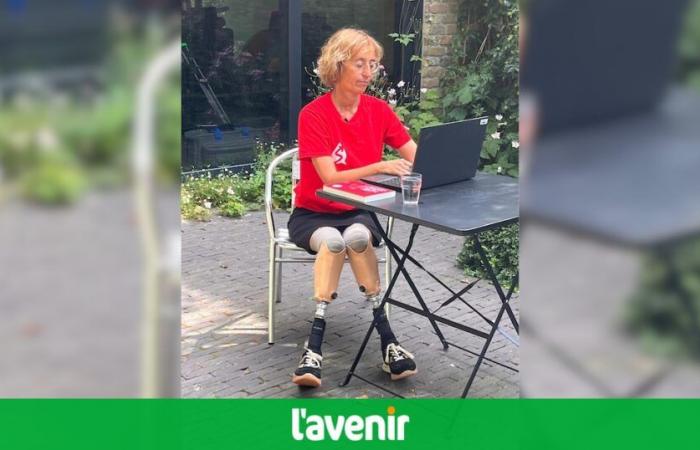This “serial killer” is raging without the knowledge of almost all Walloons; only 6% are aware of this syndrome, according to an iVox survey carried out among 2,000 Belgians.
“ It is true that the term sepsis is very little known among the population, people rather remember having had a very serious infection”, qualifies Professor Alexia Verroken, head of laboratory associated with the microbiology laboratory of the Saint-Luc university clinics.
Detect and treat quickly
Recently, the Sepsibel patient association reminded how important it was to raise awareness among citizens and caregivers about this syndrome, which can leave serious after-effects and, in the most serious cases, kill within a few hours. Early identification and treatment are vital: every hour without intervention increases the risk of death by 4 to 8%.
“In intensive care units and emergency rooms, doctors use several criteria to diagnose sepsis: heart rate, respiratory rate, blood pressure, etc. There is a score that intensivists and emergency room doctors can quickly do that allows them to tell whether the patient has sepsis or not.. It is necessary to quickly identify the pathogen that is generating this reaction in the patient. We now have tools that allow us to establish the diagnosis in a few hours versus 24 or 48 hours 5 or 6 years ago. In terms of diagnostic tools, we have more and more techniques. However, in terms of therapy, the situation is becoming more complex. We are evolving in a period where there are more and more multi-resistant bacteria for which we lack therapeutic weapons, not to mention virulent bacteria that release very aggressive toxins causing major harmful effects in the patient that we cannot control. “control”.
National action plan coming soon
Anyone can get sepsis, but some people are at higher risk, such as those with compromised immune systems who are less able to defend themselves.
“Unfortunately, there is little one can do to protect themselves. from sepsis. There are no preventive measures, but rather measures for recognition and fast support. Some patients arrive too late in hospital services s due to a lack of awareness of this syndrome“.
It is up to everyone to be attentive to signs which are unfortunately not specific: high fever, fatigue, cognitive disorders, worsening infection…
A national action plan is on the table of the Minister of Health.” It’s about seeing how patients, caregivers and the population can be more concerned about sepsis, to better prepare themselves to identify and improve care. And to see what can be done at the level of healthcare institutions to better raise awareness and make staff more responsible.”






